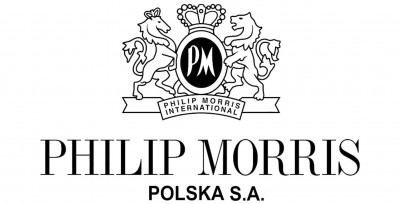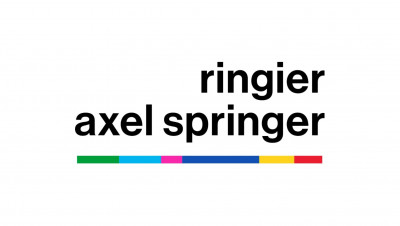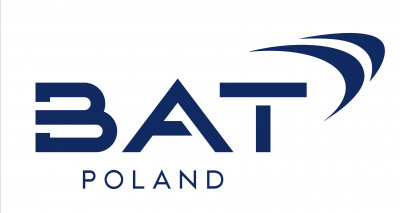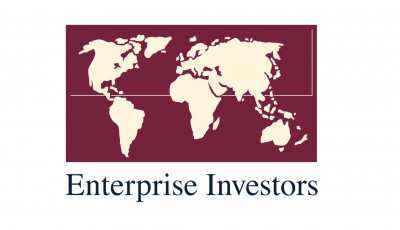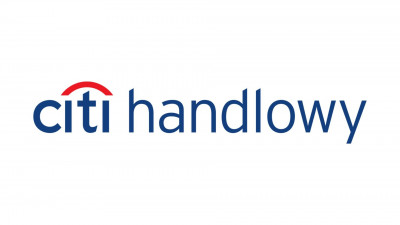Unlocking ESG in hotels. Practical implications for the hospitality sector!
DATE
LOCATION
EVENT DETAILS
AmCham Travel & Tourism Committee organized on February 29 a meeting entitled Unlocking ESG in Hotels. Practical implications for the hospitality sector!
Our speakers were representatives of AmCham member companies, from Cushman & Wakefield: Borivoj Vokrinek, Strategic Advisory & Head of Hospitality Research, EMEA; Sevda Cadir, Senior Hospitality Consultant; and Maciej Prończuk, Consultant, Hospitality CEE & SEE; and from CMS: Lukáš Hejduk, Partner, Head of CEE Real Estate and Construction practice and Head of CEE Hotels & Leisure sector group; and Michał Mieciński, Partner in the Real Estate and Construction practice.
Based on the report Getting Real about ESG in Hotel Real Estate prepared by CMS and Cushman & Wakefield, we discussed why ESG aspects are essential for hotel financial results and the impact of implementing more ESG-focused solutions on the value and investors' and operators’ interests. We also highlighted specific green clauses that ensure compliance with regulations and contribute to meeting business targets. According to our speakers, hotel investment rebounds, but the industry needs to improve its ESG credentials to remain attractive. The report shows that half of the hotel investors in the CEE already address ESG in their transaction due diligence while over 50% of investors encountered ESG-related challenges while conducting hotel acquisitions and disposals. For approximately 35% of investors, this resulted in significant financial consequences, surpassing half a million euros. In addition, ESG has become an important standard to measure a company’s long-term impact on the environment and society, as it further supports talent attraction, innovation, brand value enhancement, and opportunities for better financing. Sustainable hotels can also get better commercial terms from operators, who will also be affected by increasing ESG EU regulations. As it was confirmed in the meeting, ESG is not only a moral imperative but also a key driver of value creation and resilience in the hotel industry. As the expectations of guests, investors, and regulators evolve, hotel owners and operators need to adapt and innovate to meet the growing demand for sustainable and socially responsible practices. The EU is dynamically developing legislation to promote green transformation. Several legal acts have already been adopted to strengthen the effectiveness of reporting on environmental, social, and governance issues. These will have a direct impact on the financial sector as well as on the hospitality sector because stakeholders will increasingly assess the ESG performance of hotels. A wide range of various eco-labels exists in the hospitality sector, with inconsistent quality and reliability. Less than 5% of hotels across major CEE cities have ESG certifications recognized by Google Travel (BREEAM, LEED, Green Key, Green Globe, Earth Check, GSTC, etc.). In contrast, institutional investors tend to have strong ESG policies, sometimes including compulsory certification of their real estate portfolio. To comply with increasing requirements from investors, regulators, and other stakeholders, hotels in the CEE region will need to notably reduce their carbon footprint and energy intensity. According to energy reduction pathways in the latest Carbon Risk Real Estate Monitor (CRREM) tool, which many institutional investors and other stakeholders use, the carbon intensity of hotels across the CEE-6 countries is expected to be reduced by about 17% by 2025 and 53% by 2030. Branded and large hotels typically target international corporate and MICE demand that appreciate formal eco-certifications. Also, many renowned operators and tenants encourage owners to get a certification, and some even have their own sustainability programs. However, most hotel markets in CEE have a relatively low brand penetration. Further, most hotels are relatively small and in older properties, frequently historical buildings, which makes it more challenging to achieve a satisfactory certification level. The exception is Warsaw, where many hotels are branded and relatively modern. According to Bořivoj Vokřínek, the data shows that while the expected energy intensity reduction pathways are challenging, they are achievable. Furthermore, there is also an option to generate renewable energy onsite or purchase green energy, which would reduce the carbon footprint of hotels and help them comply with the decarbonization pathways despite higher energy intensity.
SPEAKERS
Borivoj Vokrinek
Maciej Prończuk
Lukas Hejduk
Michal Mieciński
Sevda Cadir









